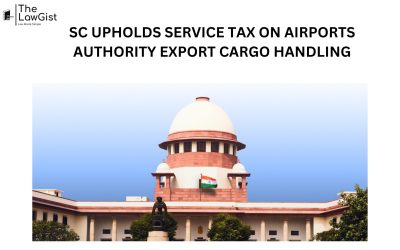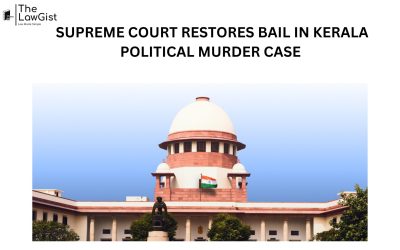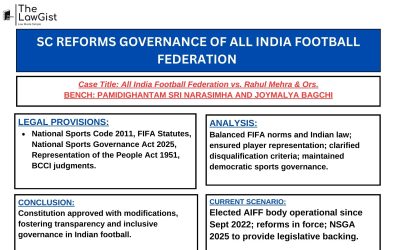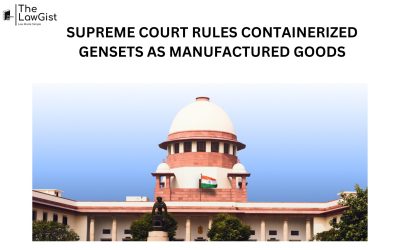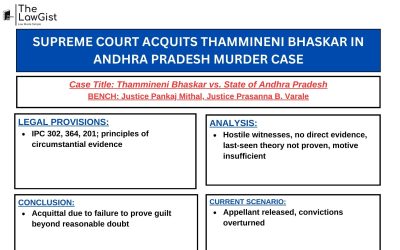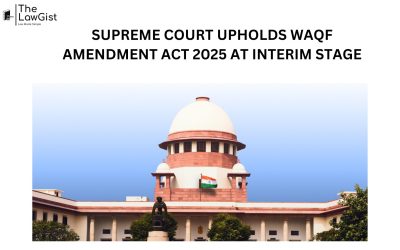
Key aspects of Vijay Bahadur v. Sunil Kumar & Ors. case analyzed in a structured mind map
SUPREME COURT JUDGMENT ON VOTE RECOUNT AND ELECTORAL INTEGRITY
| Case Title | Vijay Bahadur vs. Sunil Kumar & Ors. (2025 INSC 332) |
| Introduction | The case revolves around an election dispute concerning the post of ‘Gram Pradhan’ in Uttar Pradesh. The appellant, Vijay Bahadur, contested the election results, alleging discrepancies in vote counting. The Supreme Court was tasked with determining the validity of recounting votes, a decision previously rejected by the Allahabad High Court. |
| Factual Background | The election for Gram Pradhan in Chaka village, Prayagraj district, was conducted in May 2021. The appellant claimed that the final vote tally in polling booths 43, 44, and 45 did not match the initial figures given by the presiding officer. The appellant filed a petition under Section 12-C(1) of the U.P. Panchayat Raj Act, 1947, demanding a recount, which was initially granted by the Sub-Divisional Magistrate but later overturned by the High Court. |
| Legal Issues |
|
| Applicable Law |
|
| Analysis | The Supreme Court noted that three out of four candidates supported the recount, highlighting discrepancies in vote counting. Key election documents, including the Presiding Officer’s diary, were missing, raising concerns about electoral integrity. The Court emphasized that democracy relies on fair elections and found that the High Court erred in dismissing the recount petition. |
| Conclusion | The Supreme Court ruled in favor of the appellant, reinstating the Sub-Divisional Magistrate’s order for a recount. The Court underscored the importance of transparency in elections and the right of candidates to challenge suspicious electoral processes. |
| Current Scenario | The Allahabad High Court’s decision was overturned, and a recount was ordered. The Registrar General of the High Court was directed to ensure implementation. This ruling reinforces judicial scrutiny over electoral processes and affirms the necessity of preserving electoral integrity. |
SUPREME COURT JUDGMENT ON VOTE RECOUNT AND ELECTORAL INTEGRITY
CASE SUMMARY – In this case, an election dispute over the Gram Pradhan post in Uttar Pradesh arised. The appellant challenged vote discrepancies, which led to a recount order by the Sub-Divisional Magistrate. However, the High Court overturned this decision. The Supreme Court, emphasizing electoral integrity and transparency, reinstated the recount order, noting missing election records and candidate-backed claims of irregularities. This ruling underscores the judiciary’s role in ensuring free and fair elections, setting a precedent for handling electoral disputes under the U.P. Panchayat Raj Act, 1947.
“Democracy is meaningful only if the sublime goals enshrined in the Constitution receive undivided attention of the rulers.”
SOURCE – SUPREME COURT OF INDIA


